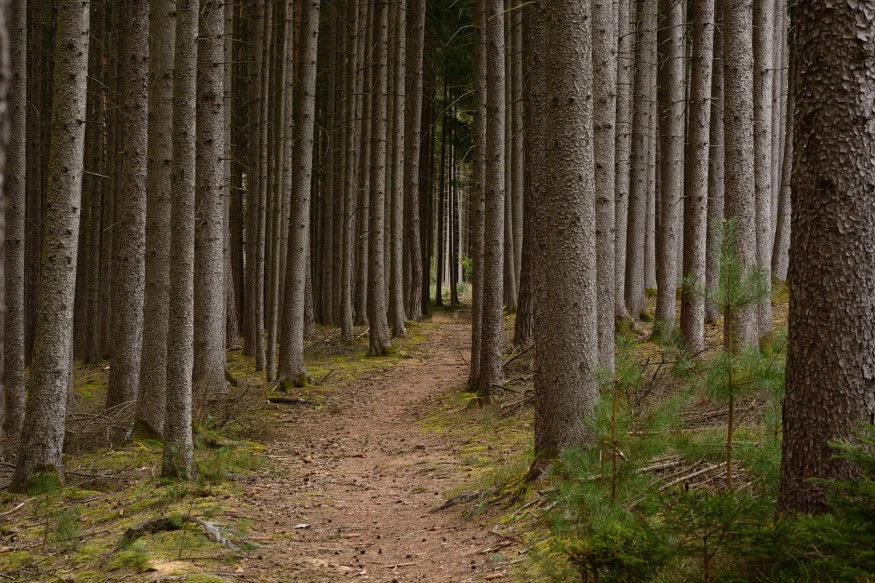
Exotic plant and tree species that are fast-growing are usually planted in efforts to sequestrate carbon and prevent climate change and global warming. Tree planting has been shown to improve and mitigate the negative consequences of climate change.
However, new research recently published in the journal Science shows how some reforestation efforts that use exotic and invasive tree species may not have their intended benefits. The study documented the complex and various interactions that occur between these introduced and invasive trees and the environment.
For radiata pine, this species has invaded many areas worldwide. It is a native of California and Baja California. Presently, it is spread across more than four million hectares, mostly in Chile, Australia, Spain, and New Zealand. It has spread in South America and South Africa as well. This species is the most widely planted conifer tree in the world.
The carbon cycle is influenced by plant-eating animals, soil, microorganisms, various soil invertebrates, and plants. The carbon cycle describes the movement of carbon among the multiple organisms, the atmosphere, the ground, and bodies of water.
Humans plant trees to reforest the environment to sequestrate carbon. The idea is to trap more carbon into the soil and plants and lessen its presence in the atmosphere.
The research team, which included Lincoln University ecologist Lauren Waller devised an experiment to understand the effect of invasive species on the environment. They set up 160 ecosystems made up of pots with New Zealand plants and introduced plants in various proportions. The New Zealand species are natives.
Some pots were placed with soil, which came from plots having the same tree species. This soil was cultured with native microbes, organisms that the plant species are used to. The researchers called this the "home" soil. The other pots had what the researchers called "away" soil, which came from plots that had plant species that are not included in the pot. In some pots, the researchers added herbivorous invertebrates such as aphids, moths, and beetles.
This setup recreated the complex reactions that happen upon the introduction of an exotic plant. Generally, the exotic plants had faster growth irrespective of the soil type it was planted in, and also despite the presence of the hungry herbivores. When the invertebrates were present, decomposition was faster. In the "away" soil with exotic plants, there was also increased microbial respiration.
The interaction occurred as follows: the exotic plants had fast growth, providing nutrition to the microorganisms and invertebrates; this then increased the latter's activity. This increased the rate of soil respiration to twice the average level because the microbes worked twice as much in eating the remains of the plants and expiring more carbon dioxide.
The exotic species were also found to alter the microbes in the soil. The plots having more exotic plants had lower levels of symbiotic fungi, which served to extend plant root systems and store carbon in the hyphae to prevent it from escaping due to bacterial respiration.
This study revealed implications on the effects of exotic plants on ecosystem carbon balance. Even if they rapidly grow and trap carbon in their bodies, they also cause a chain reaction, which increases carbon turnover in the soil.
Waller noted the implication for such projects as Trillion Trees. She says that planting exotic species might be useful in providing wood, but ultimately not good for the Earth. A reforestation project should consider all ecological interactions that affect carbon balance in the air and on the ground. Solving our environmental crisis is not a simple matter of just planting trees.
© 2025 NatureWorldNews.com All rights reserved. Do not reproduce without permission.





